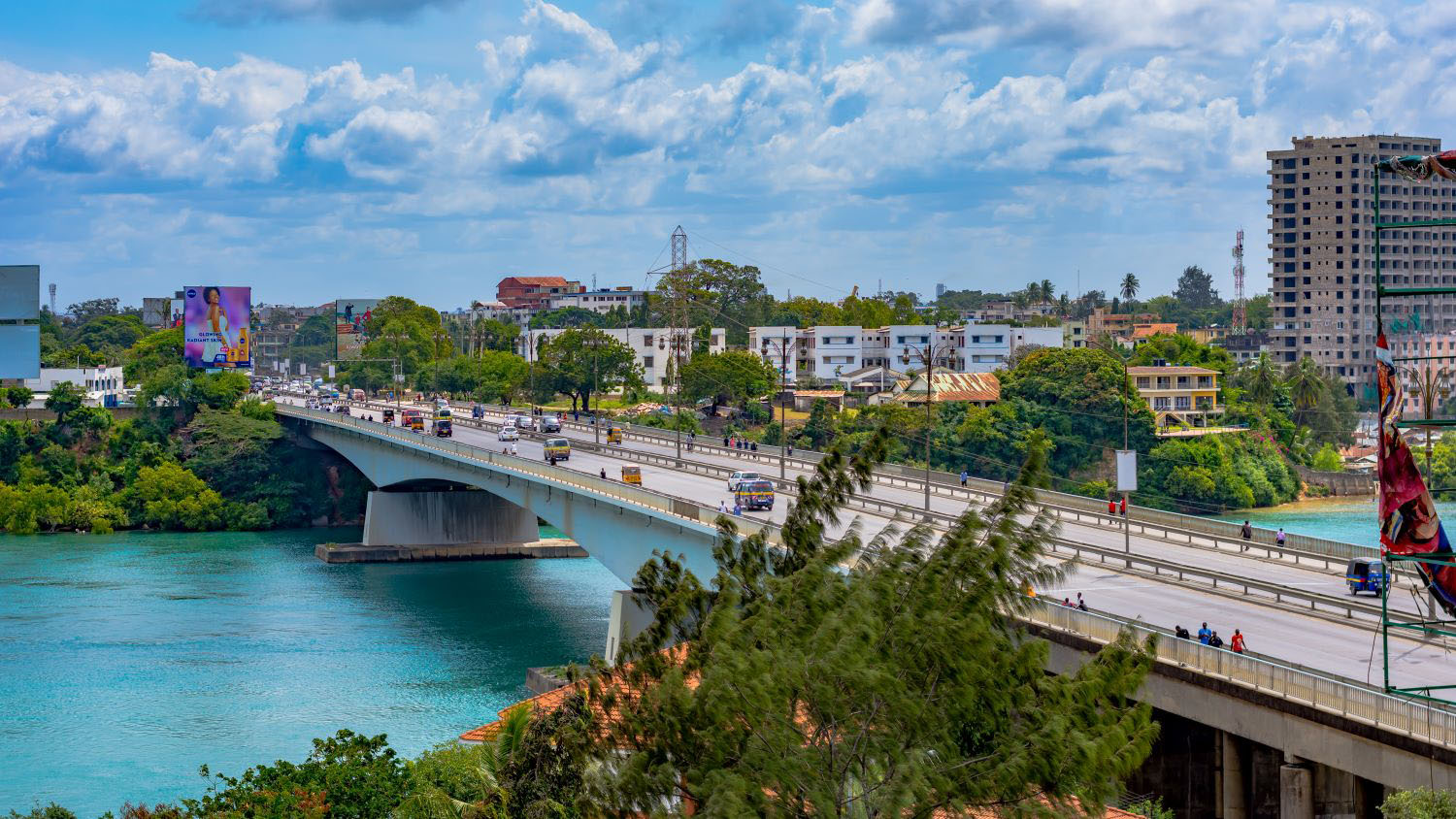The McKinsey Global Institute, the research arm of consulting giant McKinsey &Co, has just released its latest report, Lions on the Move: The Progress and Potential of African Economies. The report concludes that “Africa's economic growth is creating substantial new business opportunities that are often overlooked by global companies. Consumer-facing industries, resources, agriculture, and infrastructure, together could generate as much as $2.6 trillion in revenue annually by 2020, or $1 trillion more than today.” Its authors argue that the increase in Africa’s rate of growth is due to much more than a commodity price boom. In particular, government policies to improve macroeconomic conditions, end conflict, and create better business environments have had a significant impact in the region.The report also points, among other things, to Africa’s rising middle class and its increased consumption of consumer goods and services. “Consumer-facing industries” such as retail, telecommunications and banking, infrastructure-related industries, agriculture and natural resource-based industries could be worth $2.6 trillion in revenues by 2020. In 2008, about 85 million households earned over $5000—the point at which they start spending more than half their income on food. By 2020, the number of households with this type of discretionary income could raise to 128 million, providing even more demand for consumer goods and services.Other prominent Africa hands are also optimistic. In his forthcoming book, Emerging Africa: How 17 Countries Are Leading the Way, Steve Radelet (a former CGD senior fellow and current advisor to Secretary of State Hillary Clinton), describes the changes in democracy, governance, economic growth, education, and other areas in 17 “emerging” African countries. Radelet’s analysis shows significant changes in these countries dating back to the mid-1990s – a larger and earlier turnaround than in most analyses that look at the sub-continent as a whole. He argues that five deep and fundamental changes are at work that provide confidence that the initial success can be sustained into the future:(i) the rise of democracy brought on by the end of the Cold War and apartheid;(ii) stronger economic management;(iii) the end of the debt crisis, and with it a more constructive relationship with the international community;(iv) the introduction of new technologies, especially mobile phones and the Internet; and(v) the emergence of a new generation of leaders.Radelet also profiles many entrepreneurs, whom he refers to as “cheetahs,” who have transformed the economic landscape in Africa.My own take is that while prospects are brighter than ever, there are some major obstacles that must be overcome. Prominent among these is infrastructure--the McKinsey report also highlights this issue, arguing that Africa’s infrastructure needs remain largely unfunded. In Africa’s Private Sector: What’s Wrong with the Business Environment and What to Do About It (CGD, 2009) my co-authors and I report that a majority of businesses surveyed cite inadequate power supply as a major or severe constraint. Outages are not just frequent but also unpredictable and long, sometimes stretching through the entire work day. Businesses in many countries suffer outages on more than half the working days in the year. Comparable data for China show that the burden of power outages for businesses there to be far smaller.While Africa has made significant strides in its knowledge infrastructure, aided by cellular technology and the Internet, it is yet to build its physical infrastructure (for which there are mostly no substitutes). Underinvestment in roads is also significant—there is currently no overland trade between Africa’s two largest economies—Nigeria and South Africa.The business losses caused by poor infrastructure are staggering and impose high cost burdens on African businesses . Businesses are forced to supply only fragmented regional markets or restrict themselves to market opportunities with profits large enough to cover high costs. The result is that African businesses are far less productive than Chinese businesses, when “indirect costs” such as electricity and transportation are accounted for.For the lions and cheetahs to be faster and stronger, African governments and rich country partners (in the public and private sector) must make a significant push to build physical infrastructure across the continent, focusing on regional road and power networks.For the near future, both conventional and renewable energy investments will be vital to sustain growth. The African continent has a unique opportunity to lead the world by becoming a producer (and even an exporter) of clean renewable energy. African reserves of renewable resources—solar, wind, hydro, and biofuel—are the highest in the world and greatly exceed current consumption (see Desert Power by Kevin Ummel and David Wheeler). Utilizing all available sources of energy is vital to unleashing the full potential of the lions and cheetahs that are powering African economies forward.
Disclaimer
CGD blog posts reflect the views of the authors, drawing on prior research and experience in their areas of expertise. CGD is a nonpartisan, independent organization and does not take institutional positions.





